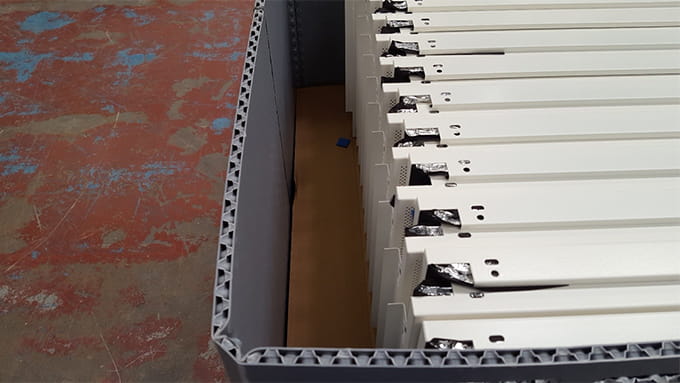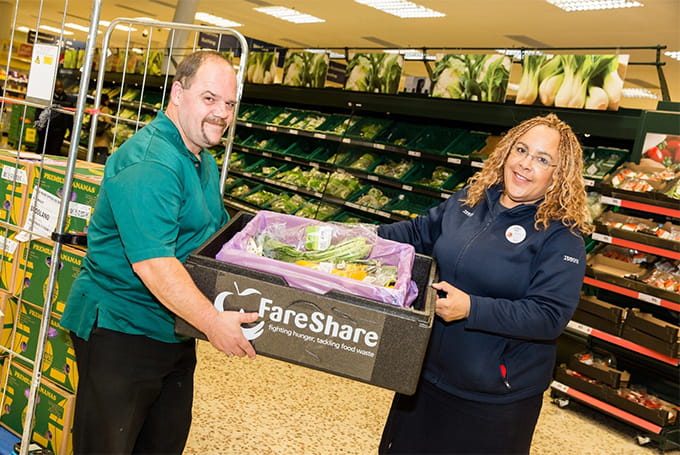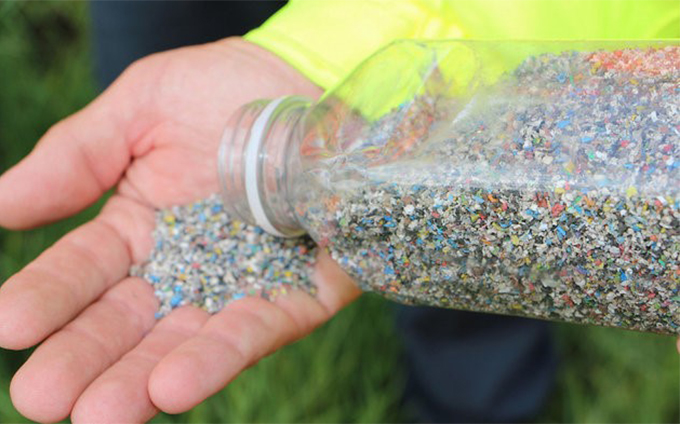

Bringing the circular economy to life in London
Ross Wood, ISG head of sustainability
We live in a world where consumerism and disposable living has thrived. Excessive production of disposable items has taken precedence over long lasting and durable goods, with the planet and its resources suffering most from this choice.
Waste is a growing problem in London, with a staggering seven million tonnes created each year by homes and businesses across the city and only 41% of this waste recycled. To further compound this problem London’s landfill sites are running out of space and capacity will be reached by 2026.
As London Business Climate Leaders, we recognise the part we play in this problem and the responsibility that falls upon us to identify a new direction of travel. Given this, the partnership’s fourth thematic workshop focused on the circular economy and waste reduction.
The Mayor is aiming to make London a zero waste city by 2050. This ambition will only become reality with the support of the many businesses that operate across the city. All LBCL companies have committed to targets that support the mayor’s drive towards a zero waste city:
- Reduce waste production by 50% by 2030
- Achieve a 75% recycling rate and zero waste to landfill by 2025
Aiming for zero waste

Waste reduction forms one of the key tenets of our sustainability strategy here at ISG, with an increasing focus on identifying opportunities at an early stage and collaborating with our supply chain. It is this ethos that has allowed us to develop some great examples of best practice that we hope to replicate across the business. We have targeted our strategic suppliers and subcontractors by spend and waste performance, to see where they may have an innovative new technique or product that we can trial on our projects.
The first successful trial was with SAS ceiling tiles on a central London project. SAS has developed an adjustable plastic crate that can be expanded or contracted to carry a range of different ceiling tile shapes and sizes. This crate can then be returned to their manufacturing plant for reuse. Through this trial of reusable plastic crates, we have been able to significantly reduce the number of crates we use – from over 4,000 to 47. No waste has been created and we have saved money.
The business case for circular operations

The LBCL workshop gave us the opportunity to learn from each other and find out about practices of other companies. For example, Derwent London work with bio-bean to make clean fuel from coffee waste in their buildings and collect food waste for Biogen, who turn it into biogas and biofertilisers. These examples illustrate how one organisation’s waste can be another’s resource.
Engagement of the supply chain in efforts to promote the circular economy is key no matter what industry you work within and this is something Tesco were able to demonstrate. Through the FareShare FoodCloud app Tesco’s employees can inform local charities and community groups how much surplus food they have at the end of each day. These charities can then pick up the food free of charge and turn it into meals for those in need. Expanding the roll out of this app to suppliers as well as the stores has ensured that there is a greater opportunity to avoid food waste at source.
For us at ISG, it also means finding practical and cutting-edge solutions that challenge the status quo. We are - for this reason - part of the UK Green Building Council’s Circular Economy programme, set to research and test the application of circular economic principles on real estate and construction projects.
The plastic fight

Sky too is embedding the circular economy into their operations, particularly as part of the Sky Ocean Rescue campaign, which plays a part of facilitating the elimination of single-use plastics. Sky has made a commitment since October 2017 to transform themselves and eliminate single-use plastics across the business and Product supply chain by 2020. In 2018, Sky has removed 175 tonnes of single-use plastic from their operations - that is 19 rubbish trucks full. An example includes removing all single-use plastic from the packaging on their new products. They are encouraging customers to return used products, so that they can refurbish or recycle them – and making design improvements to allow them refurbish more products.
In one of its stores in Scotland, Tesco has resurfaced the car park using waste. This innovative trial enabled to divert the equivalent of 225,000 plastic carrier bags - 900kgs of plastic - from landfill or incineration. The trial is so far limited to Scotland, yet sends a great signal to market on the business appetite and readiness for positive circular change.
Amplifying the message
Learning about examples from other sectors helps us to question ourselves and think about how we can apply these circular economy practices within our own sectors and supply chains.
It is communication and collaboration that I feel will help us create a circular economy in the capital. We need to harness the collective influence that we have as London Business Climate Leaders to bring out the best in our supply chains and change the business as usual narrative that surrounds waste.
At the workshop, there were firm commitments and appetite to help shape the way forward. I am excited to see how the LBCL’s action and influence can achieve the Mayor’s zero waste ambition and help create a thriving and innovative circular economy in London.

